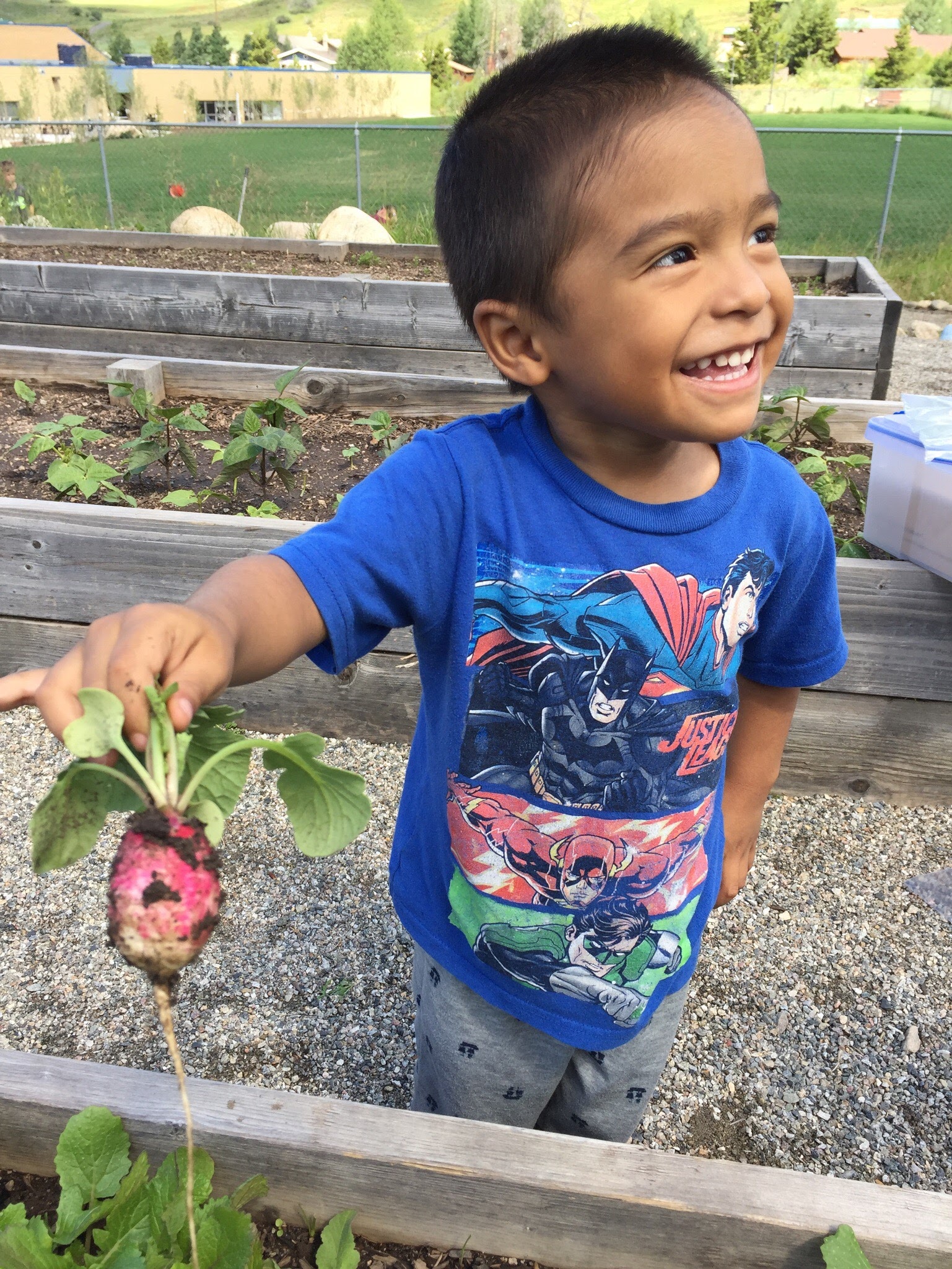
- Vitalii Homon
- December 1, 2021
- Ask Eartha
Dear Eartha, I was so thankful to be able to gather for the Thanksgiving holiday, and my family expressed the same. But when I see all the holiday trash and wastefulness, all those thank yous for all that we have feel a little empty. Do you have any advice for me?
In this holiday season of gifting and gratitude, it is easy for us to say how thankful we are to once again be together, for the good food and clean water that nourishes us, family and friends, that care for us, and the beauty of the mountains that surround us.
Do our actions back up our words? Think for a moment how many times you say “Thank you” or type out it out at the end of an email or text in a given day. Being thankful is a feeling we easily and often express to each other. Let’s transform all those “thank yous” into real expressions of gratitude.
At the Table
 Concern your recent feast at the Thanksgiving dinner table. It was likely a generous, delicious spread of holiday food. Digging into the mashed potatoes, it may be hard to imagine wasting any of it, especially after the shared chorus of thankfulness that preceded. Yet, the average US household wastes about 32 percent of food at a cost of $1,866 per household. This while an estimated 38 million people face hunger in the United States.
Concern your recent feast at the Thanksgiving dinner table. It was likely a generous, delicious spread of holiday food. Digging into the mashed potatoes, it may be hard to imagine wasting any of it, especially after the shared chorus of thankfulness that preceded. Yet, the average US household wastes about 32 percent of food at a cost of $1,866 per household. This while an estimated 38 million people face hunger in the United States.
Are we truly grateful for this nourishing food when such a large portion of it ends up in the trash at a sizeable financial cost? Let’s act on our appreciation by shopping for only what we need and getting creative with what we have leftover. We can use our buying power to support food producers working sustainably and advocate for greater corporate accountability in production and packaging.
Thanks Beyond the Dinner Table
We can easily give thanks to our local, state, and federal emergency fire service personal who tackled the Ptarmigan Fire this past October. We were all so thankful for the incredible team that responded to protect the homes and landscapes in the fire’s path. Favorable weather and a quick response prevented a mega-fire, a term for fires that burn more than 100,000 and now account for a growing majority of acres burned in the U.S. The extremely dry conditions and higher temperatures in which these devasting fires thrive are caused by climate change.
According to the National Oceanic and Atmospheric Administration, 18 climate disasters have already occurred in the United States this year. Each exceeded $1 billion in losses. To put this in perspective, the U.S. averaged 7 climate disasters annually between 1980-2020. In the last five years, that average has jumped to an alarming 16 climate disasters each year.
As the frequency and intensity of wildfires and other disasters grow, so do the risks to those who respond. Are we truly grateful for the emergency teams – our neighbors and community members – who risk their lives when we continue to fail in addressing the causes that put them in increasingly more danger?
 Words into Action
Words into Action
The scale of the climate crisis is heavy and uncomfortable. Yet, there is so much opportunity to act on our words and be truly grateful for the things that nourish, shelter, protect, and sustain us. Become informed on local conservation efforts and advocate for local and state action on the climate issues most important to you. Share your gratitude by doing what you can to reduce your environmental impact and encourage others to do so as well.
Our precious planet does not need more empty thanks over the dinner table or praise in social media posts of its natural beauty. It needs us to act on our words. Look around your table this holiday season. If you will not act to protect your loved ones, your community, or those who answer the call in times of emergency, who will you do it for?
